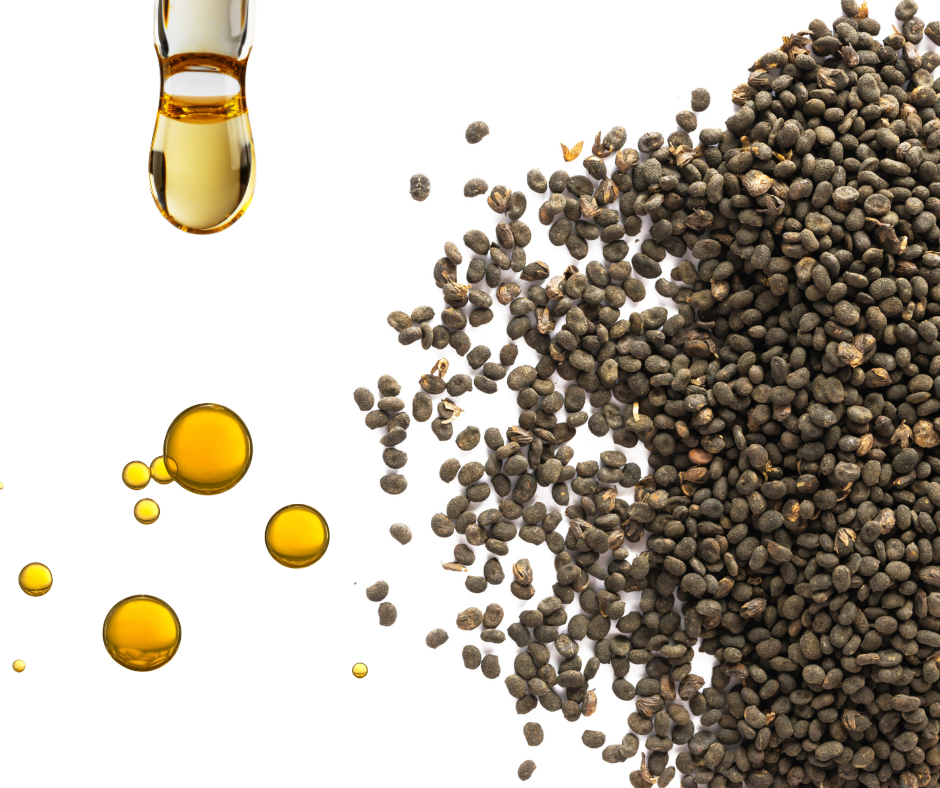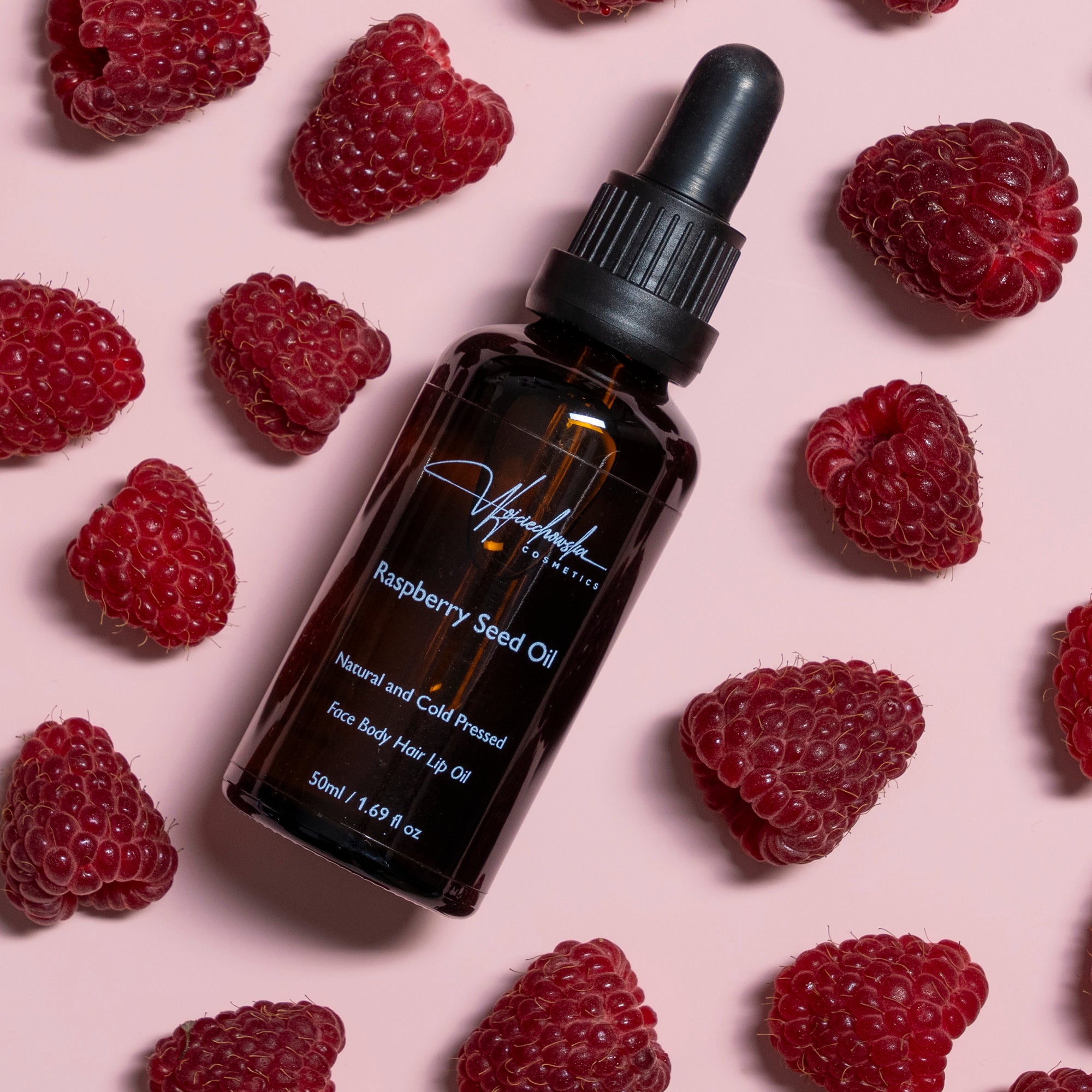Article: Bakuchiol vs Retinol & other retinol alternatives

Bakuchiol vs Retinol & other retinol alternatives
What is Bakuchiol
Bakuchiol (INCI: Bakuchiol) is extracted from the Babchi plant. It's important to know that Babchi Seed Oil, advertised as 'Bakuchiol Oil' or 'Bakuchi Oil' (INCI: Psoralea Corylifolia Seed Oil) is not the same as Bakuchiol, so you should always check your INCI names when buying Bakuchiol products. Bakuchiol is extracted via monomolecular extraction, meaning only the Bakuchiol molecule is removed for use, leaving unwanted residuals behind. It is a very potent ingredient typically used up to 1% in a product, because higher amounts could be considered unsafe, whereas Babchi Oil can be used up to 100% in a product. As you can see both ingredients, although come from the same source, are very different, and have a very different function in cosmetics. Different forms of Bakuchiol Sytenol® A is the only 'true', patented form of Bakuchiol, with the highest purity on the market (99%+) that has been tested for its effectiveness in various studies. My Coconut Vanilla Serum and Coconut Vanilla Face Cream contain 1% of Sytenol® A.

Bakuchiol vs Retinol Even though bakuchiol and retinol are quite different chemically, they both help with similar skin issues like fine lines, wrinkles, and skin texture. Bakuchiol works by reducing wrinkles, regenerating skin cells, calming inflammation, boosting collagen production, and making your skin smoother and more even. Some studies suggest that bakuchiol can have a similar effect as retinol but without the common side effects such as dryness, peeling and redness. You can use bakuchiol in the morning, and although still recommended, you don't have to wear sunscreen as you would with retinol. Sytenol® A (Bakuchiol) and Retinol show a lot of similarities in gene expression compounds indicating similar functional analogy.
Consumers are shifting towards natural retinol alternatives
Retinol is an old and a well researched ingredient. The trend shows that consumers are moving away from retinol and there are many natural alternatives on the market, bakuchiol being one for them. Most natural alternatives have not been researched as well as retinol but they show huge potential in skincare. Not only do they match the ethos of natural brands and show fewer or no side effects, they also are betters suited for people with sensitive skin, pregnant and breastfeeding women and people who do not enjoy the harsh side effects on their skin. Natural alternatives to retinol will most likely only gain in popularity as the time goes and new ingredients are being introduced to the market.
What makes an ingredient an alternative to retinol
Although there is no clear definition a retinol alternative needs to meet, the research suggests that the retinol alternatives currently available on the market have one or more of these characteristics: - the effect it has on the skin has been shown to bring similar results
- similar gene expression profile
- activates retinoid receptors
- similar structure to retinoic acid
- retinoic acid-like activity
There are many different retinol alternatives on the market and Bakuchiol is the most popular option currently. It has a similar gene expression profile to retinol and in studies it has shown similar results targeting the signs of aging and reducing acne.
Should I choose retinol/retinoids or a retinol alternative? I don't want to discourage you from using retinoids such as retinol, as clearly it is a very well-performing, well-researched anti-aging ingredient. When making a decision, you need to ask yourself whether you're willing to endure the possible side effects associated with its use. Also, if you're pregnant or breastfeeding, have sensitive skin, or prefer not to use sunscreen everyday, retinol may not be right for you. Retinol may be a great ingredient to use, but it comes at a cost which is why I personally prefer not to use it in my products. The world of cosmetics has evolved so much ,and there are new, wonderful ingredients being introduced to the market all the time, so you do not need to rely on retinol as a holy grail of anti-aging skincare.

